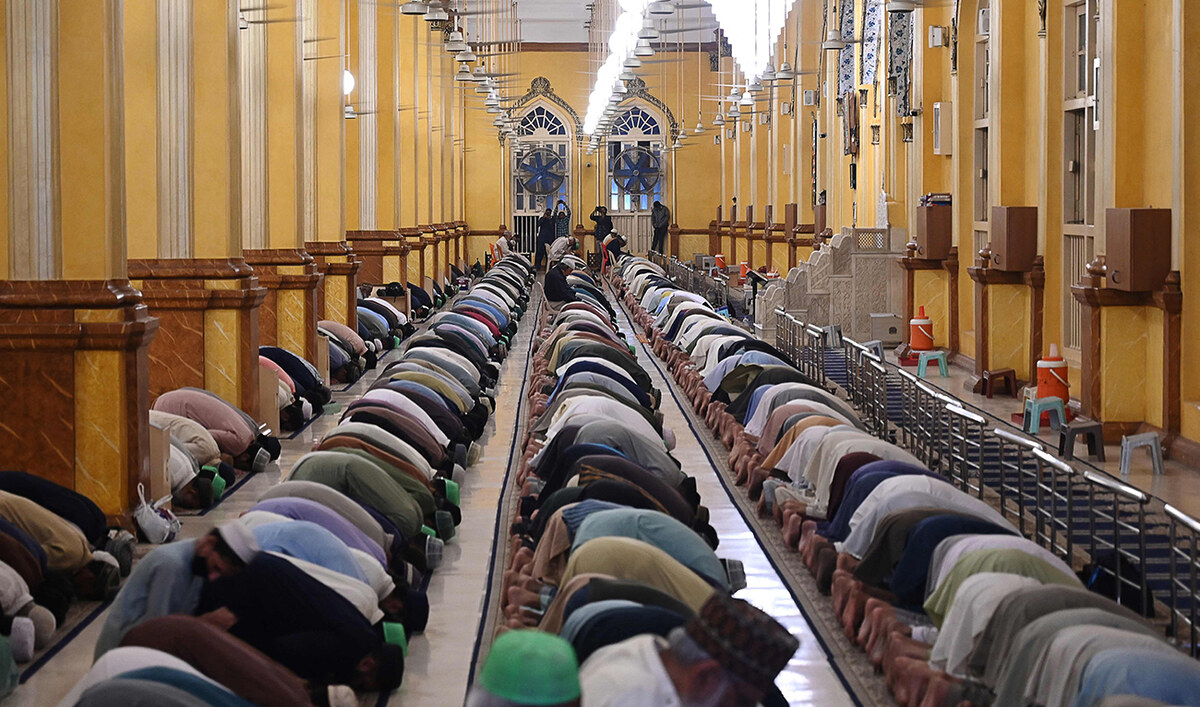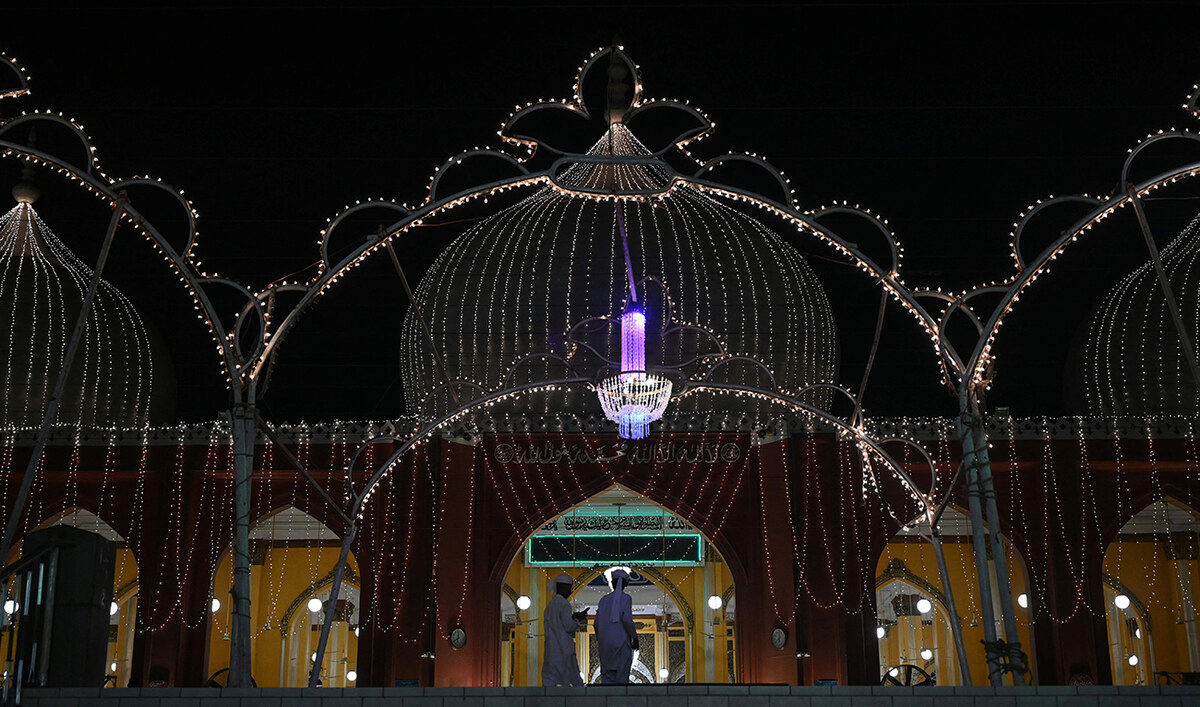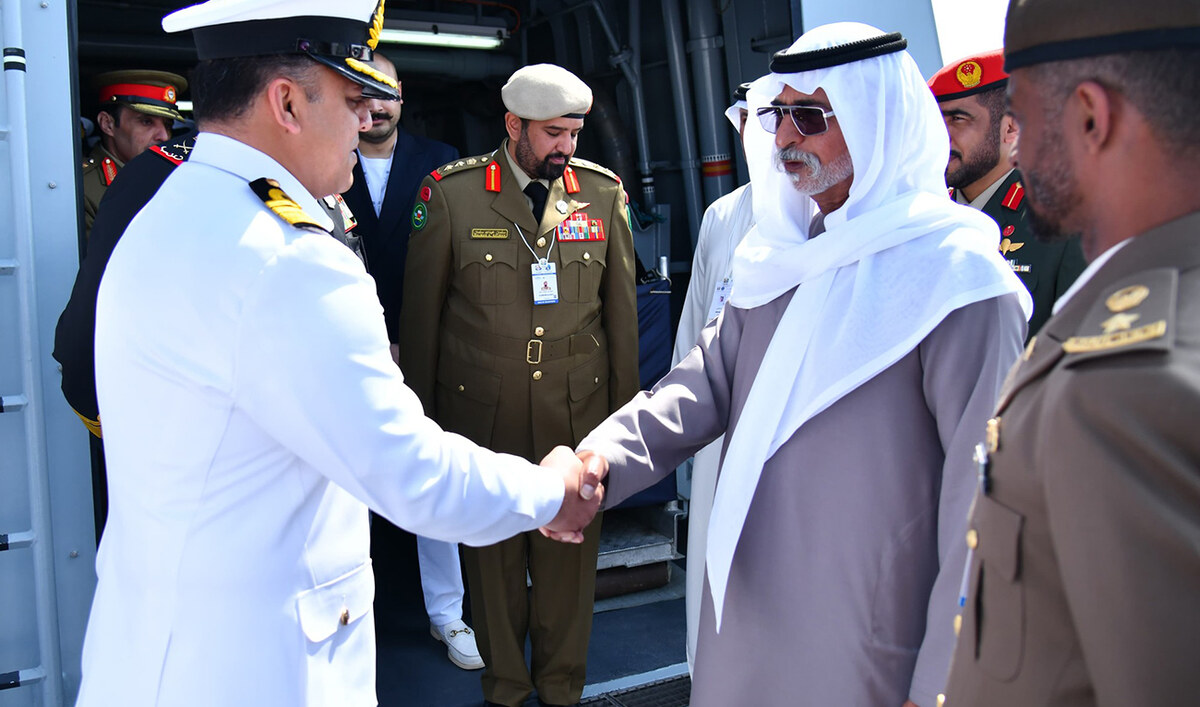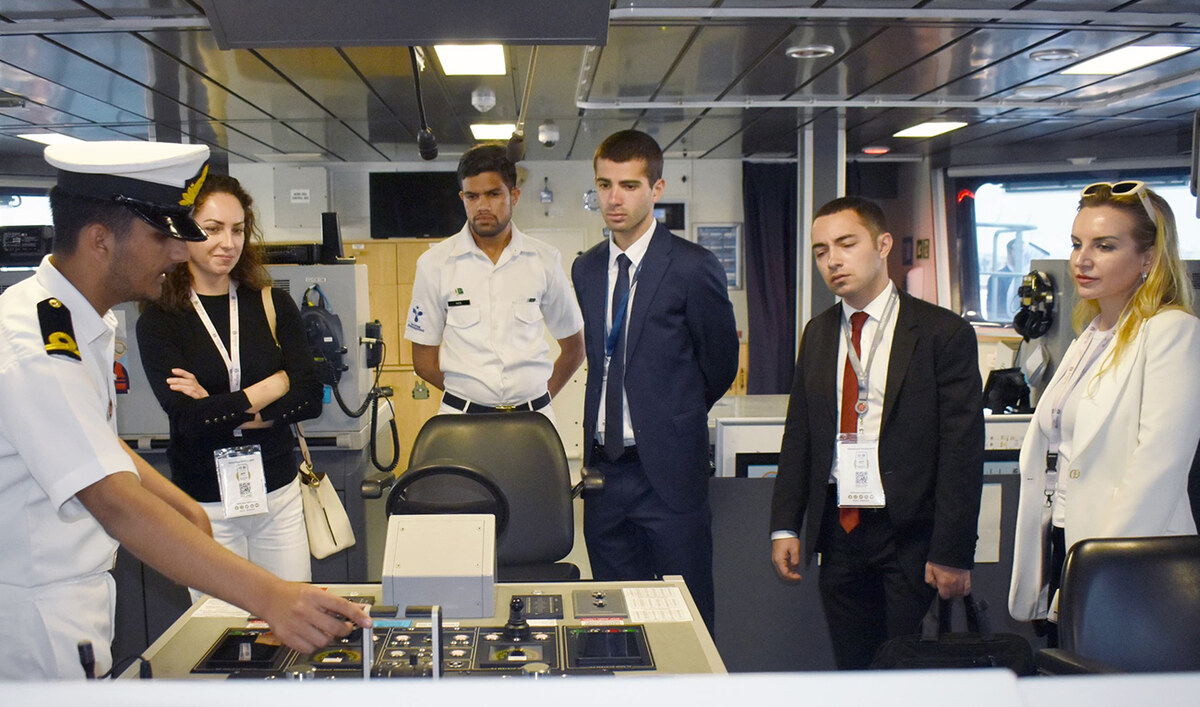DUBAI: When Ghazi Karim started offering fitness coaching sessions out of a garage in the Pakistani capital of Islamabad in 2007, he could never have imagined that he would one day be training members of the royal family of the United Arab Emirates (UAE).
Karim, who hails from Pakistan’s picturesque northwestern region of Hunza, moved to Dubai in 2011 after what he described as a “tough but exciting” journey of bringing the science of fitness to Islamabad.
“Our work grew from there and then we decided to move to Dubai since we got to know that the fitness business was flourishing here,” Karim told Arab News at Seven Gym in Dubai’s Al Quoz area, where he is a personal trainer.

Pakistani trainer Ghazi Karim, 39, works out at Seven Gym in Dubai, United Arab Emirates on July 11, 2020. (AN Photo by Asma Ali Zain)
With a partner, who also moved to Dubai from Islamabad, Karim set up a studio called Symmetry, which went on to become one of Dubai’s best fitness facilities. It wasn’t long, then, before word spread about Karim’s body transformation stories, following which he says he was approached by members of Dubai’s royal family.
“Though I cannot mention names of my clients, I can say that both male and female members of Dubai’s royal family are my clients and are very happy with my work,” Karim said, adding that his clients also include Shaikha Atiq, an Emirati skydiving expert, and many notable Pakistani expats.
But seven years into Symmetry, life took a difficult turn for Karim and he had an ugly fallout with his partner and longtime friend.
“It was a tough time for me because I was under financial burden, which I had to clear, but my reputation preceded me and I overcame the difficulties,” said the trainer who now works independently and says his clients are loyal to him and appreciate his “tough task master” attitude.

In this October 17, 2017 photo, clients work out with trainers at Seven Gym where Pakistani Ghazi Karim is coaching, in Dubai, United Arab Emirates (Photo courtesy Ghazi Karim instagram).
According to Karim, he designs specific diets and workouts for different clients and says there is no one-size fits all routine when it comes to fitness.
“I work on the metabolic aspect initially by asking people their daily diet and then work on building muscles,” he said, saying he assesses clients on their individual lifestyles and problems as well as gender, age and body type before coming up with a plan. “I have many Indian clients too who are vegetarians. So a special food chart has to be made for them.”
Karim says for clients who are consistent with exercise and diet, he guarantees 6-7 kilos in weight loss in the first four weeks: “The most difficult time for any coach is the first four weeks after which clients set into a routine.”
“One client of mine is 75-years-old and with my help, she dropped six dress sizes,” Karim said, smiling, adding that his clients have on average lost up to 17 kilos and four dress sizes.
Karim’s three major tips for people hoping to stay fit are to keep moving (walk at least 30 minutes a day if you cannot afford a gym and run 20 minutes if you are young), avoid oily foods and control portion sizes.
To keep fit himself, Karim works out three or four times a week but laments that his busy routine does not leave him much time for himself, including for family and marriage.
“I’ve tried but I’ve not been able to give time to my relationships,” he said. “I’ll give this business another year and then hope to get married.”
Then, pointing to his heavily-tattooed arms, Karim grinned and said: “Hope she accepts this.”




















